Concerns over aspects of the role of clinical director were raised at the recent IHCA Annual Conference
The IHCA Annual Conference and AGM, which took place on Saturday 12 October at the Mount Juliet Estate, Co Kilkenny, had the theme of ‘leadership in medicine’.
Speaking after Minister for Health Stephen Donnelly’s address, the Association’s President Prof Gabrielle Colleran said she “very much agreed with the Minister on the importance of the clinical director role”.
“But I will say that the concern for us is the potential for people to be held accountable for things they don’t have authority or budgetary funding for.”
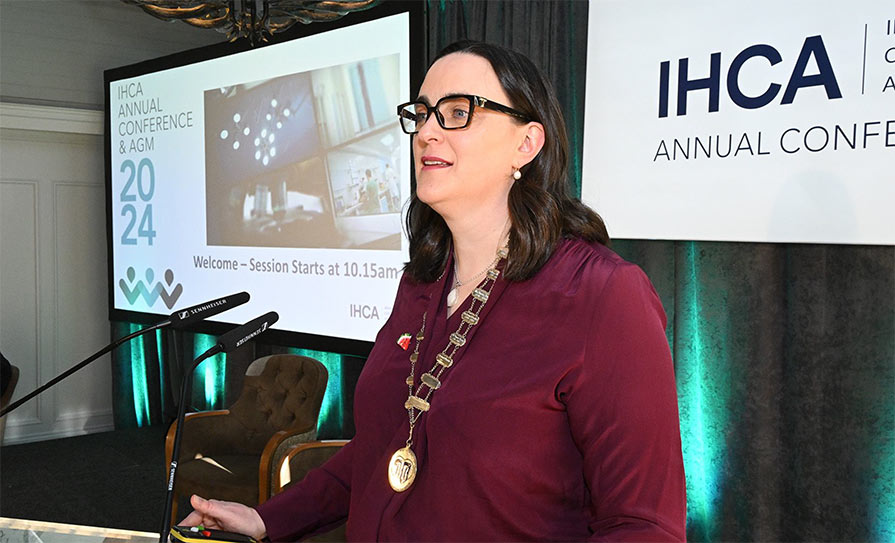
During his address, Minister Donnelly had emphasised the importance and potential of the role of
clinical director.
“The move to the six regions, the new consultant contract, more local autonomy, the availability now of new performance management information, all make this a very good time to re-examine this role [of clinical director]. To re-set this role, and to make this role clearly what it was meant to be, but it has never achieved.”
Minister Donnelly said: “We must have clinical directors central to management and central to leadership in our hospital and in our community care.”
Dr Suzanne Crowe, President of the Medical Council, addressed the conference on the lived experience of leadership in health. During the subsequent questions and answers session, Dr Crowe was asked from the floor whether the Medical Council had plans to frame the “boundaries of responsibility” with the HSE in regard to the role of clinical director.
In response, Dr Crowe said that the Council is currently undertaking a “wider discussion… attempting to change our complaints process”.
She stated the question of issues related to clinical directors would be part of that process.
Prof Colleran told the Medical Independent (MI) the conference’s theme of leadership “was really in response to the impression we are getting from members that this is something that they really wanted us to work on”.
“Obviously for a long time, there was other issues [the IHCA was focused on], like the contract negotiations. So we really wanted to get back into the focus on the leadership and the advocacy style of it. As we were exploring the themes of the conference, this is what naturally came to the fore.”
Regarding the role of clinical director, Prof Colleran said IHCA members have raised concerns over aspects of the role, particularly “of being accountable without having the authority and the resources to deliver on what you are accountable for”.
“We’re hearing that back from a lot of our members who are in clinical director roles,” she told MI. “So we are really keen to support them and to work collaboratively with the Minister and with health service management to address it.” She said the IHCA believes that “the clinical director role and clinical leadership is really important”.
“We don’t want to see people walking away from those roles because they feel unsupported. What we want is to put the support in, so they can keep doing the role and developing it further.”
Former IHCA President Prof Alan Irvine also addressed the conference on the topic of ‘Leadership in medicine – the lived experience’.
He told MI that currently there is a “greater practical need” for clinical leadership in the Irish health service.
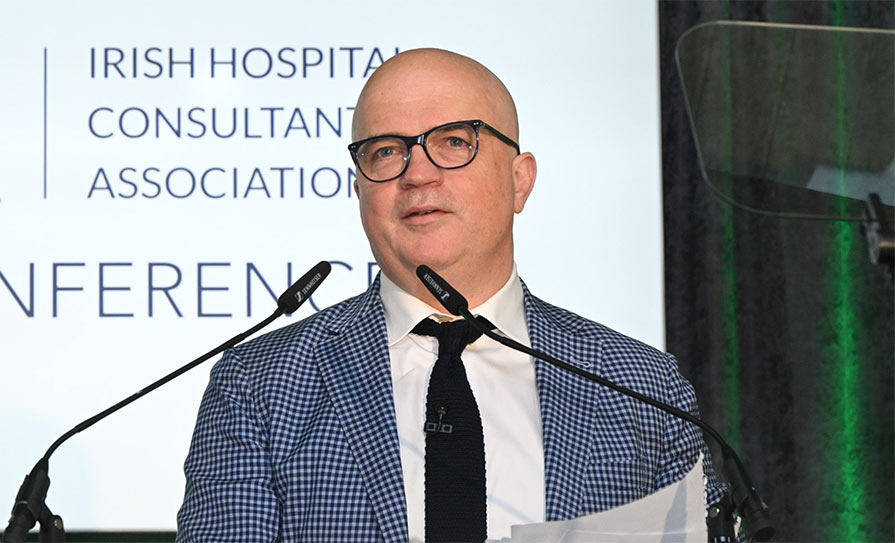
“One reason is that there has been a huge investment in health,” he said. “You’re looking at €26 billion next year. We really have to be careful that this is used well and wisely and produces results. That can only be done with medical leadership.” He warned that if the public system does not deliver, “then people will lose faith in it.”
Prof Irvine also said clinical leadership is important during times of organisational change, as is occurring with the establishment of the health regions.
New challenges
Prof Irvine, who served as IHCA President during the Covid-19 pandemic and contract negotiations, noted that while those challenges have passed, new issues now confront consultants.
We don’t want to see people walking away from those roles because they feel unsupported
“I don’t think we have a kind of cause like contract negotiations or a pandemic now; there are not those kind of… unifying themes,” he said.
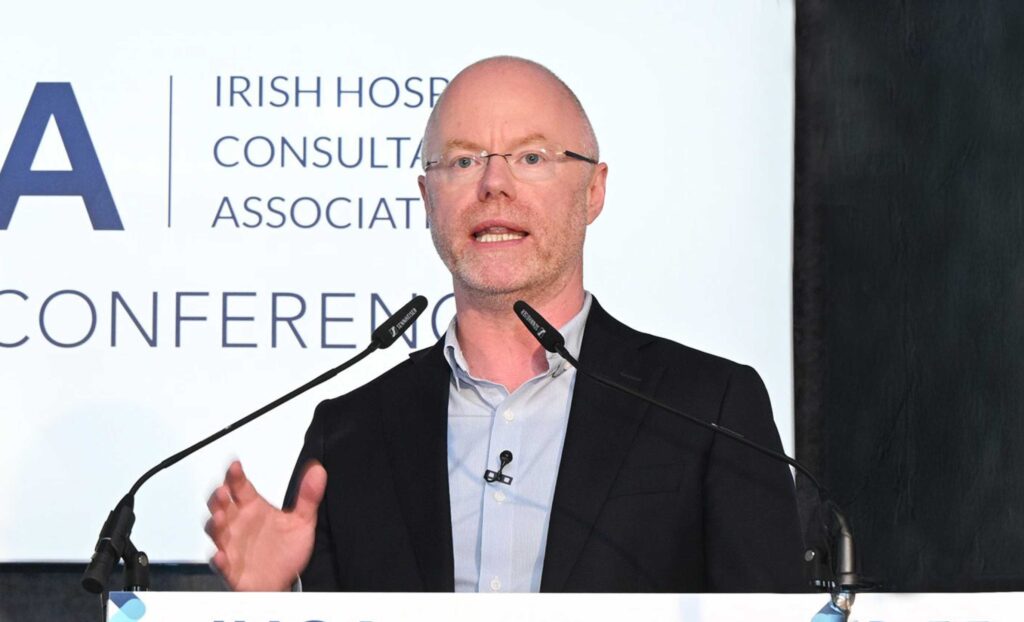
“But what we have now is in some ways more difficult, more detailed.”
“What we are doing is working at that level, bit by bit, and area by area, to improve services with the money that has been given. That isn’t one single thing to rally a flag around just so easily.”
However, Prof Irvine added that hospital capacity and infrastructure is “certainly” a major challenge and “has always been a problem”.
“We are not good at building infrastructure, generally, right across the Irish nation… we haven’t developed good ways of doing that. We haven’t built many large acute hospitals… and the infrastructure is creaking. I think we need to be really bold… with vision and really detailed practical improvements on how we deliver those projects in healthcare, I think that is really important.”
Contract
In recent years the IHCA conference has been dominated by discussions regarding the consultant contract; however, such debate was largely absent this year.
Prof Colleran told MI that despite the lack of focus on the public-only consultant contract (POCC) at this year’s meeting, there remain “some issues on the ground around the bedding-in of the contract and its implementation”. She said the Association’s “industrial relations side are doing a lot of work on it”.
Therefore, while POCC-related issues continued, the contract negotiations were over. “So our focus is really around advancing clinical delivery of care.”
“It’s about getting the supports in, so people have the resources to do their jobs. So we can retain the consultants we have and keep growing the body of consultants, because obviously there’s the population need and the ageing population is growing. It’s trying to do everything constructively to get capacity in place.”
According to the IHCA’s national council annual report, its executive team has reviewed contracts “and assisted hundreds of members” since the POCC was introduced in March 2023. This assistance has included those “transferring to the new contract or taking up a new appointment under the contract, having particular regard to work plans, overtime arrangements, private practice” and other terms and conditions.
During his address, Minister Donnelly said “a huge number” of Irish-trained consultants abroad are now looking to come home because of the POCC.
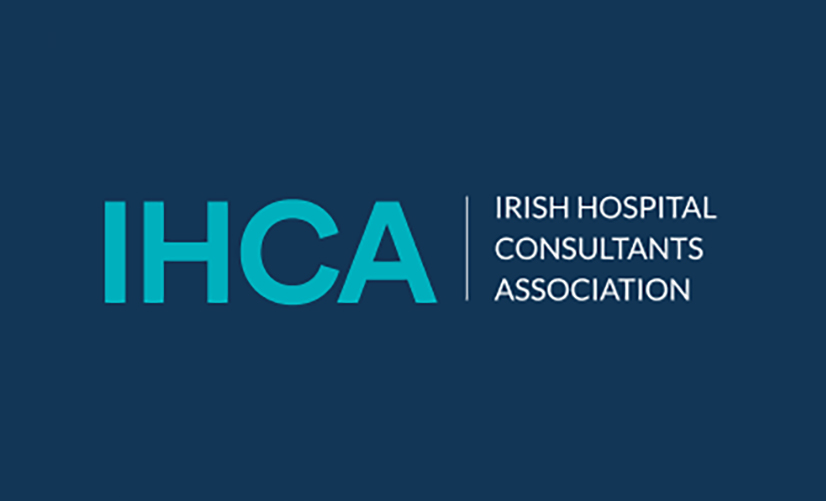

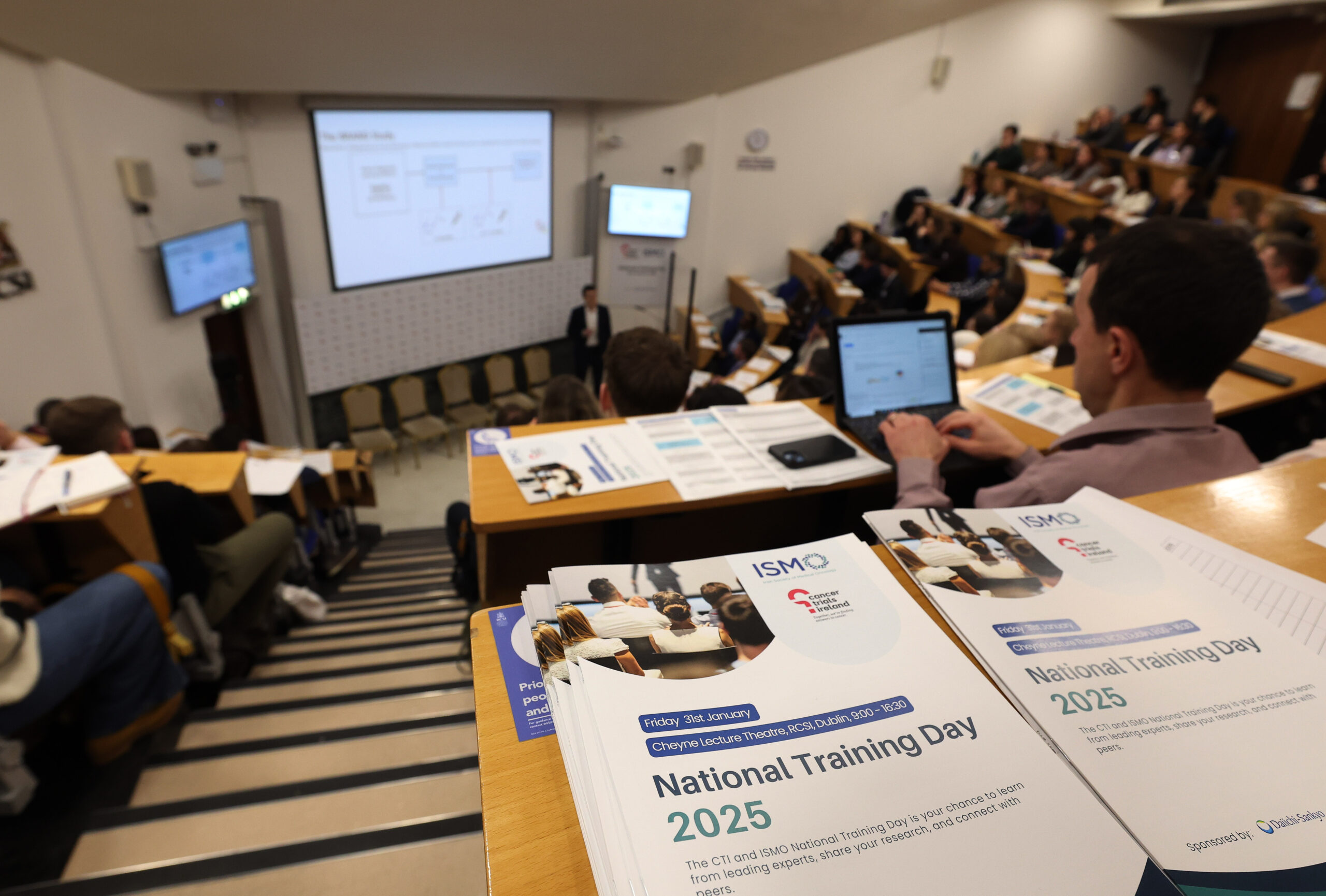
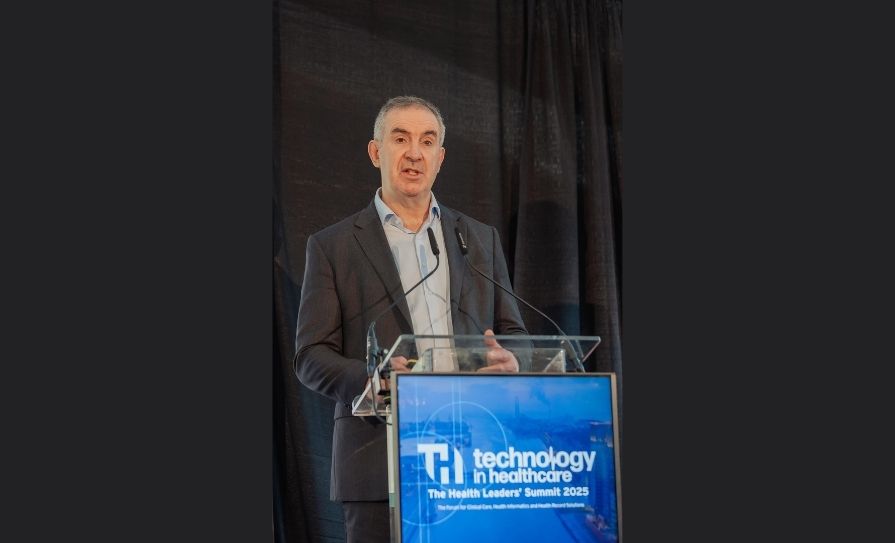




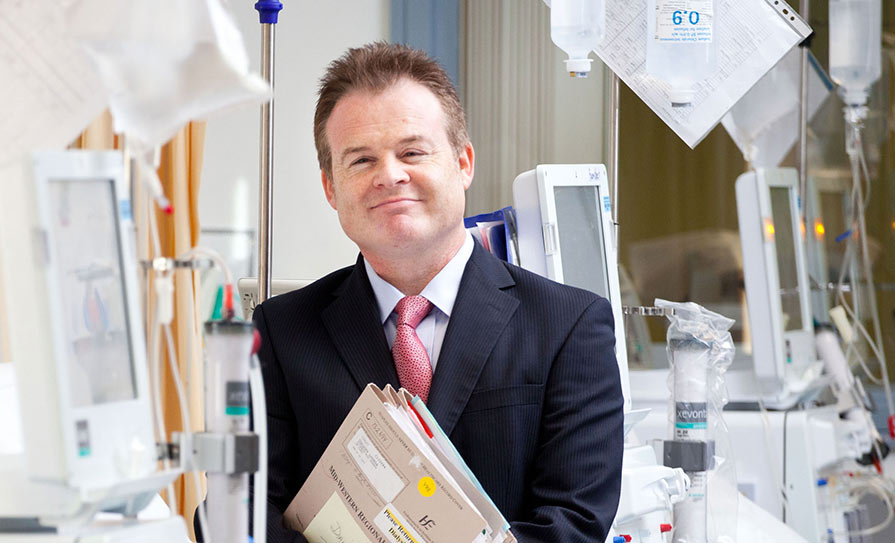




Leave a Reply
You must be logged in to post a comment.